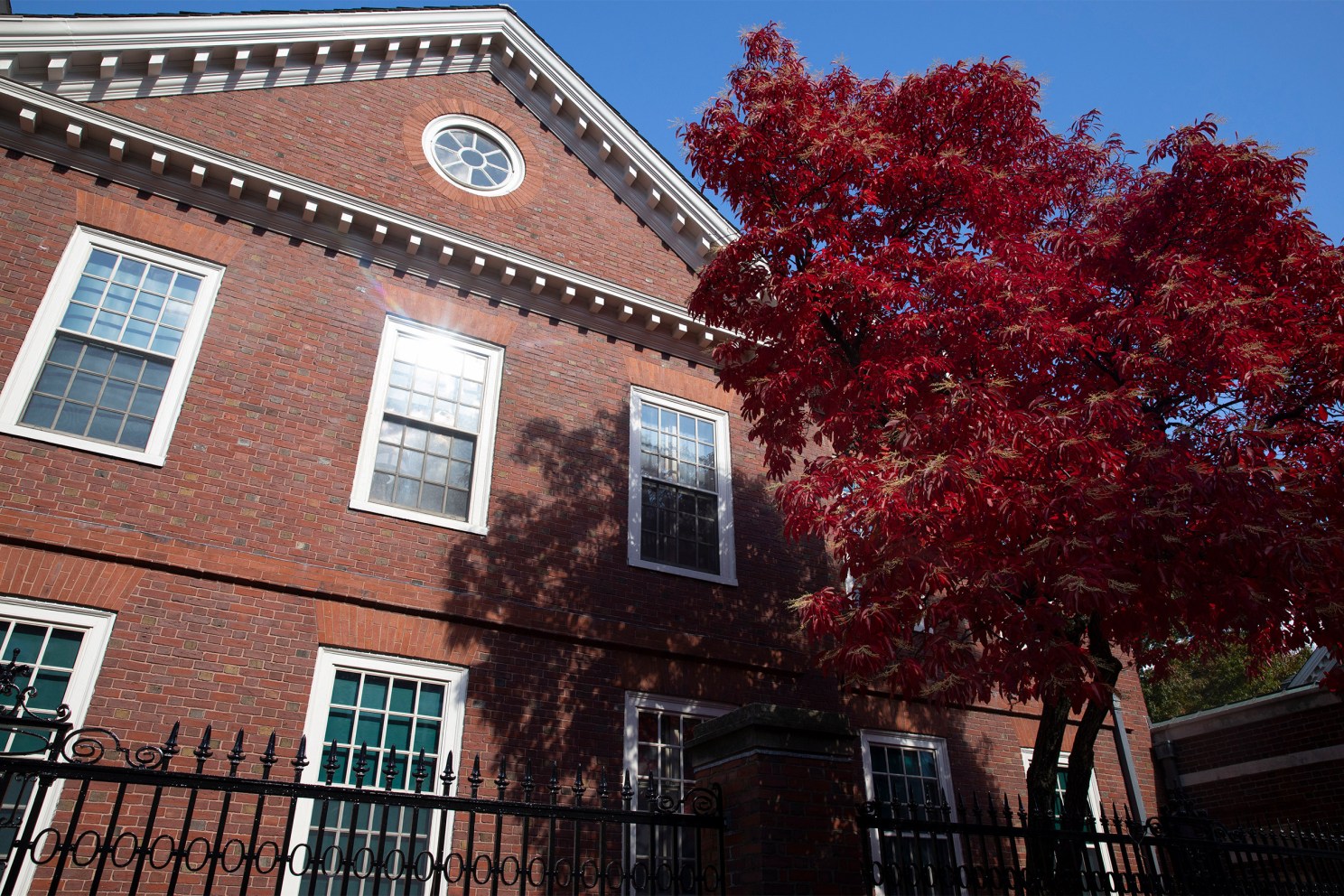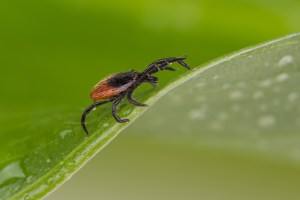20 fall courses that cultivate community connections

Crimson foliage frames Wigglesworth House in Harvard Yard. Kris Snibbe/Harvard file photo
Harvard undergraduates may be learning remotely this fall, but they will have many opportunities to connect with community groups and schools in the Greater Boston area through the Mindich Program in Engaged Scholarship. Engaged scholarship courses allow students to explore and cultivate community connections through language, film, data analysis, political activism, and community-inspired arts.
Instructors have optimized courses so that students can learn from their physical and social surroundings, regardless of where they might be living. A student advisory board works with Mindich Program Director, Flavia Peréa, and several faculty members to develop rigorous and innovative course concepts.
This fall’s portfolio of engaged scholarship courses is robust and diverse. Several signature courses will be returning in the fall, such as Maria Parra-Velasco’s “Spanish in the Community.” Popular courses are also adding engaged learning sections such as “Who Lives, Who Dies, Who Cares? Reimagining Global Health” taught by Paul Farmer, Arthur Kleinman, Anne Becker, and Salmaan Keshavjee; as well as Michael Bronski’s course “Power to the People: Black Power, Radical Feminism, and Gay Liberation,” which emphasizes a public facing, engaged model of learning and project based assignments.
Musa Sayeed’s “Get Real: The Art of Community-Based Film,” is a new course that capitalizes on digital technology to help students communicate while they are apart, using documentary filmmaking in their own communities as a means of connecting with one another. Demba Ba’s course, “Biological Signal Processing,” the first engaged scholarship course through the School of Engineering and Applied Sciences, will teach to the moment, using COVID-19 data as an example for using mathematical and scientific computing tools.
First-year students will have several opportunities to explore a diverse array of issues through Expos-20, the cornerstone of the Harvard College Writing Program and a general education requirement for all Harvard College students. Topics such as “Animals and Politics,” “The 2020 Election and American Democracy,” or “Are Prisons Obsolete?” will challenge the Class of 2024 to write persuasively and think critically about social issues.
To see a showcase of engaged scholarship projects, visit https://engagedscholarship.wixsite.com/harvard.




